Social Tech – How Can Virtual Reality Change Our Behavior
Technology is growing exponentially. Each year a new life-changing technology is laid down in front of us. Social tech virtual reality is headed to incredible places, but how is it going to change our behavior?
New tech is created with the purpose of advancing our human race. Humanity is planning on colonizing Mars, we are developing Artificial Intelligence and we are teaching it how to be human. Virtual reality is used to help treat those who suffer from PTSD, mental illnesses, and phobias.
We are witnessing the tech industry creating gadgets that help us, humans, be more efficient. As a result of this exponential growth rate our behavior has been changing. Nobody notices this because it’s hard to see something amiss when it’s the norm.
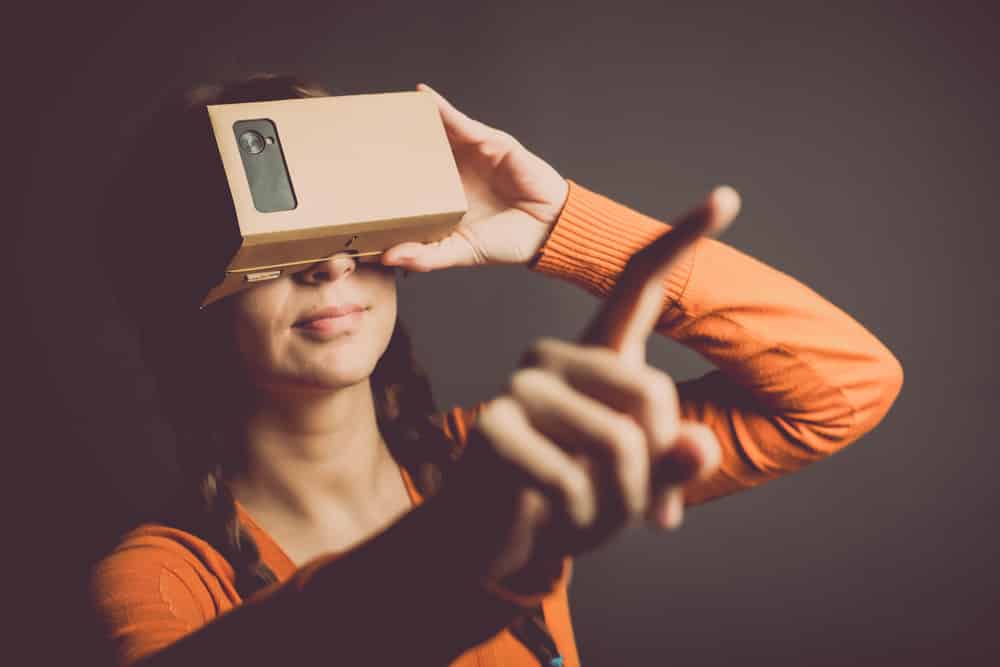
Is this rapid environment change beneficial for our more nature-oriented behavior? Is it for the betterment of society?
Do you recall the last time you went a full 24 hours without connecting to the Internet in some way? I too don’t remember.
We’ve all seen how technology can bring out the best in us. We are more efficient, we are more in-tune with our brethren, and the amount of time that technology saves for us on a daily basis is just outstanding.
Social tech, and tech in general, has led to a globalization event never before seen by humans. It has raised awareness and we are more critical of social issues – the Je Suis Charlie movement was one of the most serious empathy experiments of this year. People across the world supported the French satirical magazine in one way or another.
But we’ve also witnessed the downside, and its negative impact.
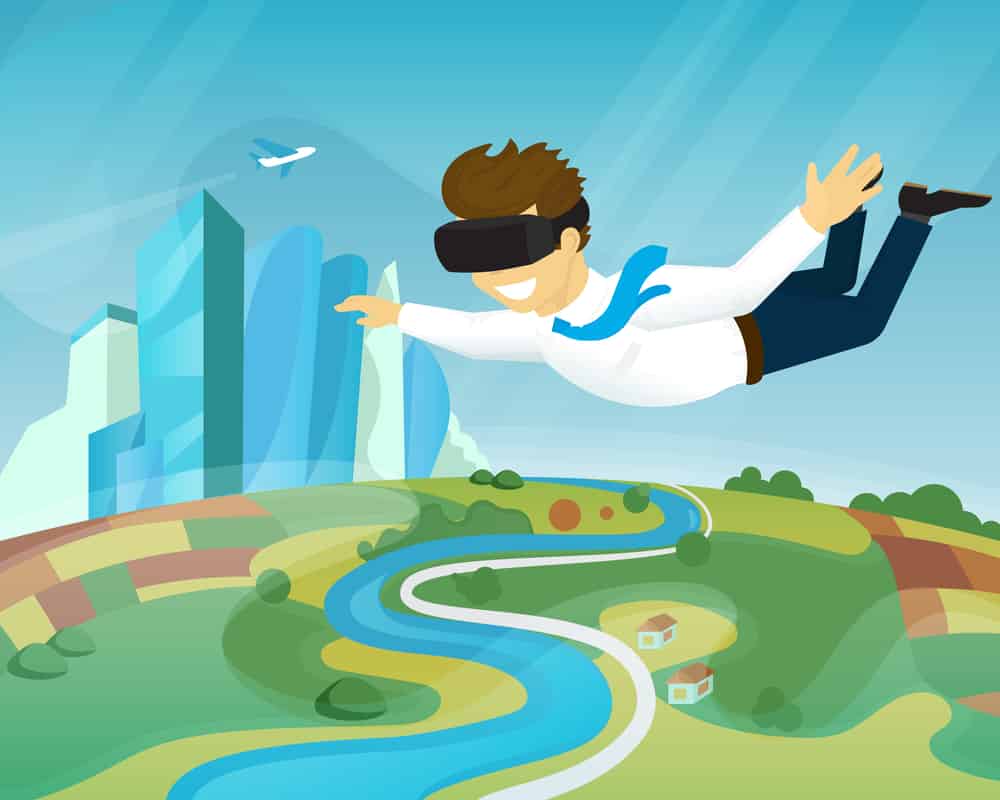
Anything that’s seen as an Ivory Tower, as an escapement of sorts from society, can be addictive – even if it’s done only a couple of hours a day. Social networks, gaming, just browsing the web is addictive, and people get so caught up in their virtual reality world that they tend to forget real life is passing them by.
At the same time we are witnessing a dehumanization, a desensitization among our peers. Isolation isn’t the one to blame for cyber-bullying or internet trolls. The line between maintaining one’s privacy, freedom of speech, and sending destructive, and hateful messages within the safeguard of anonymity is too damn thin.
Just go on any Facebook page and you’ll see people bashing, trolling someone just because they can, just because it’s fun. Feeling this powerful can get addictive.
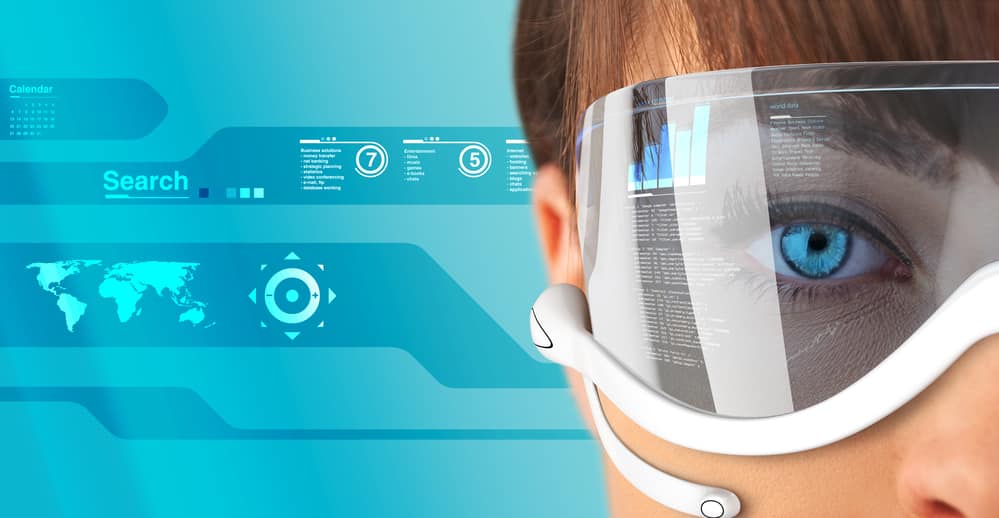
But we also have a generation that doesn’t need to go through all the hardships of manual labor that previous folk were used to.
How will virtual reality change our behavior if we are gods of our realm? Will we have a power struggle within us?
In the brink of social tech virtual reality, we should ask ourselves –
- What kind of society I want my kids to live in?
- What should I pass to future generations?
- How can we make technology based on these two previous questions?
According to a Neilson report, society spends an average of 11 hours a day gaming, shopping, going out on dates, networking on LinkedIn, Facebook, Twitter, and doing research by browsing the web and its vast library of knowledge.
Self-awareness is crucial if we want to evolve as a species, and future generations shouldn’t have a Facebook meter that tells them their self-worth. You are what you are, regardless of how many likes or shares you get on a social media platform.
But social media platforms have gone from being just a nifty geeky thing to use, to a way of life. Society sees Facebook, and Twitter like nomads in the desert see water – quintessential for our existence.
We don’t want virtual reality to be a new palace that serves as a place of kicking others, or ourselves, down just because the norm dictates. If you can do something, it doesn’t necessarily mean that you should do it.
Tech, social tech most importantly, should be a gateway for helping one another, thus subsequently helping society as a whole. Virtues such as integrity, compassion, generosity, and many others, should be held higher on one’s priority list without even thinking of how that will reflect on social media platforms. This superficial way of thinking will only lead to depression and a sense of not-having-it-as-good-as-my-neighbor.
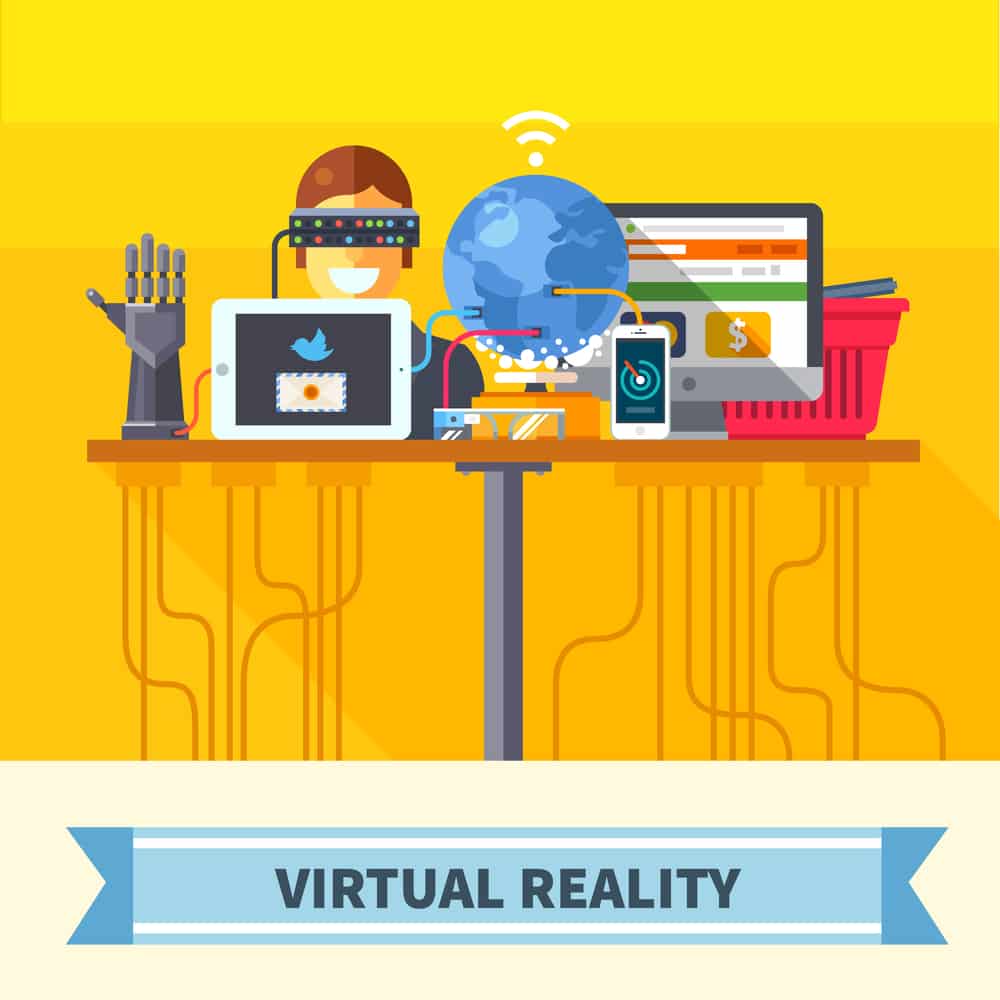
Communication is power, and mastering it will change how one perceives the world, and how the world perceives the one.
As we all know, Facebook is big daddy bucks in charge of Oculus Rift and we are expecting virtual reality to be a social media hub. With all things said, we shouldn’t let this absolutely fantastic new social tech be ruined by the ones who helped create it.
Virtual reality will indeed change how we live, and in the future our behavior will be more VR-oriented. We are to blame if future generations will get addicted to a false-medium, a false-god if you may.
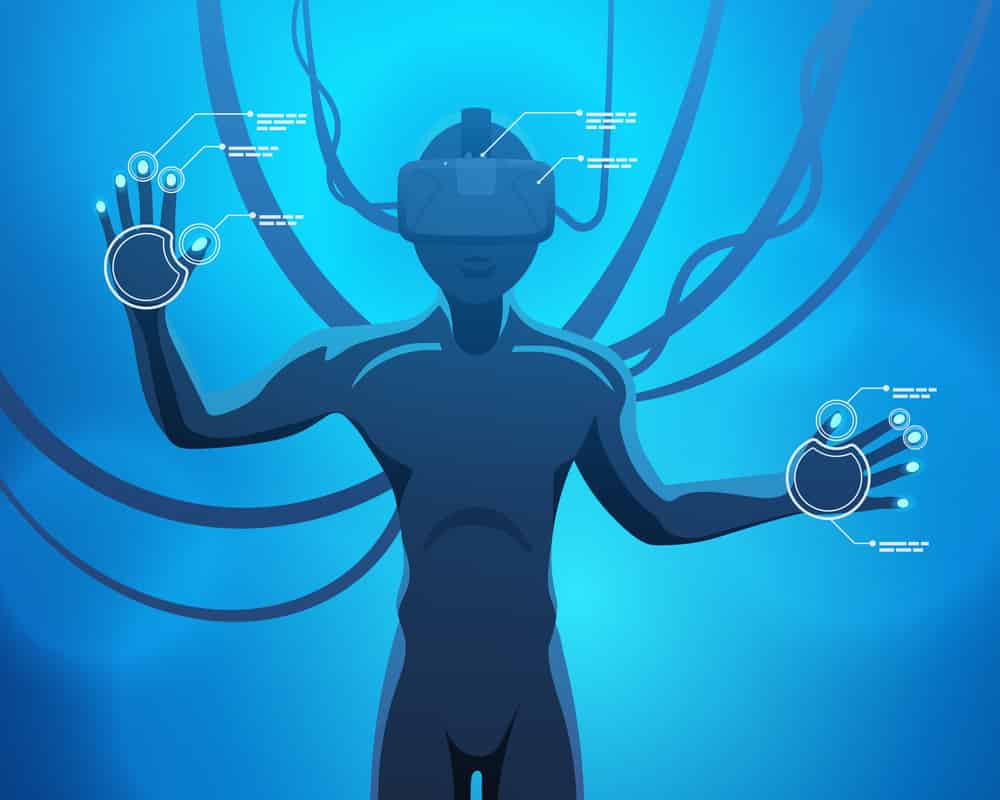
How we check Facebook in an hourly manner, we will most likely check our VR hub to see if someone has sent us a gift, or a letter. Twitter, Instagram, Facebook are excellent mediums that have helped society grow – bad and good. I can see what my friends are doing on their trip and I can talk to my spouse when she’s in an out-of-city business trip.
Social tech is life-changing and I can’t even remember the last time I didn’t use it because the old fashioned way was easier.
However, in a chaotic world filled with online negativity, humans seemed to be doomed to repeat past mistakes. So, what do we sacrifice? Anonymity, freedom of speech, and connectivity? Or our principles, and morals?
Can humanity as a whole find a balance between these modern elements? Tell us in the comments section below.